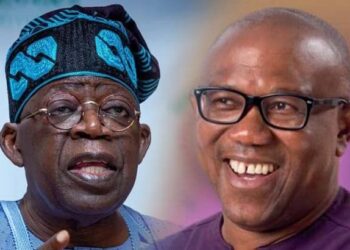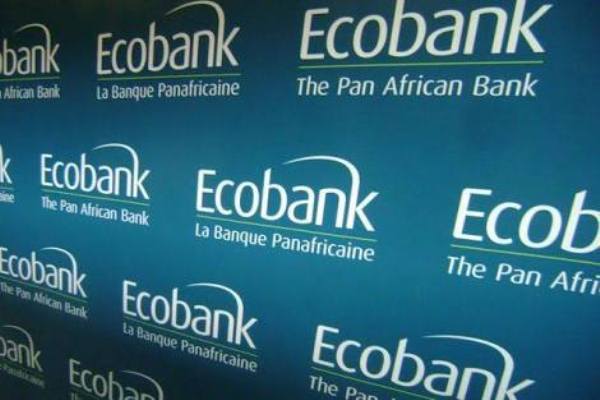The National Bureau of Statistics (NBS) has released the Gross Domestic Product (GDP) figures for Q4, 2016 and Full Year 2016. The real GDP contracted by 1.30% in Q4 2016 while it contracted by 1.51% in 2016.
The share of the Oil Sector Real GDP dropped to 8.42% while the Non–Oil Sector Real GDP increased to 91.58% in FY 2016.
Given the current developments in the global oil market and the improvement in the crude oil production in Nigeria, we believe the Nigerian economy will recover in 2017.
According to Razia Khan, managing director, Managing Director, Chief Economist, Africa
Global Research, Standard Chartered bank, London, said that while the analysts were expecting a full year contraction (the actual print of -1.5% y/y is marginally better than our expectation of -1.7% y/y), it’s the detail that makes for the more important reading.
According to Khan, the very shallow contraction in non-oil GDP growth in Q4 2016, raises hope of a more meaningful recovery in non-oil GDP in Q1 2017, buoyed both by improved budget spending and some improvement in FX availability.
“We have not yet seen a sufficient turnaround in oil production, but even in Q4 last year, the extent of contraction had lightened. This is a good sign. Recovery in the oil sector in 2017 will be driven by higher prices and production gains. A continued double digit contraction in the oil sector, especially given the weak base, is unlikely.
So while today’s GDP release for Q4 confirms the full year contraction in Nigerian GDP, recovery is nonetheless underway. How quickly the Nigerian authorities put in place much-needed reforms will determine the strength of that recovery,” she said.












